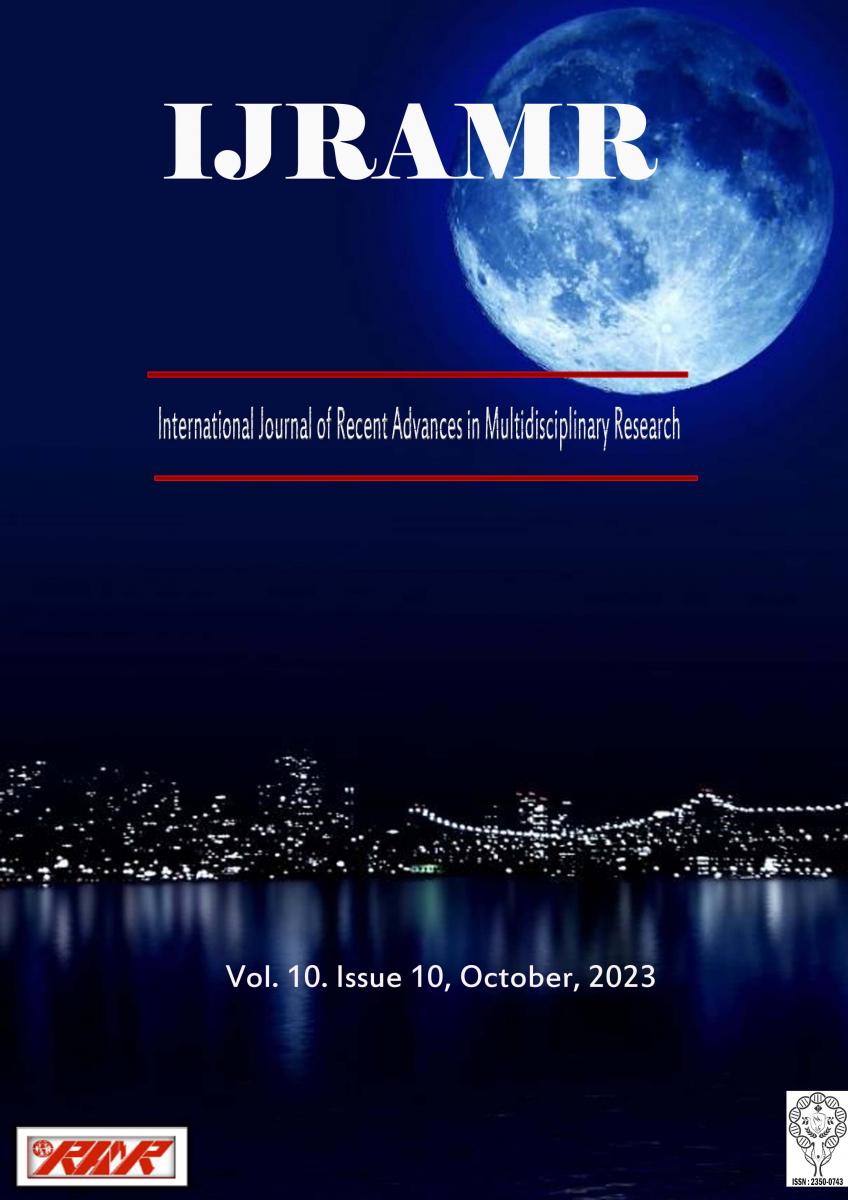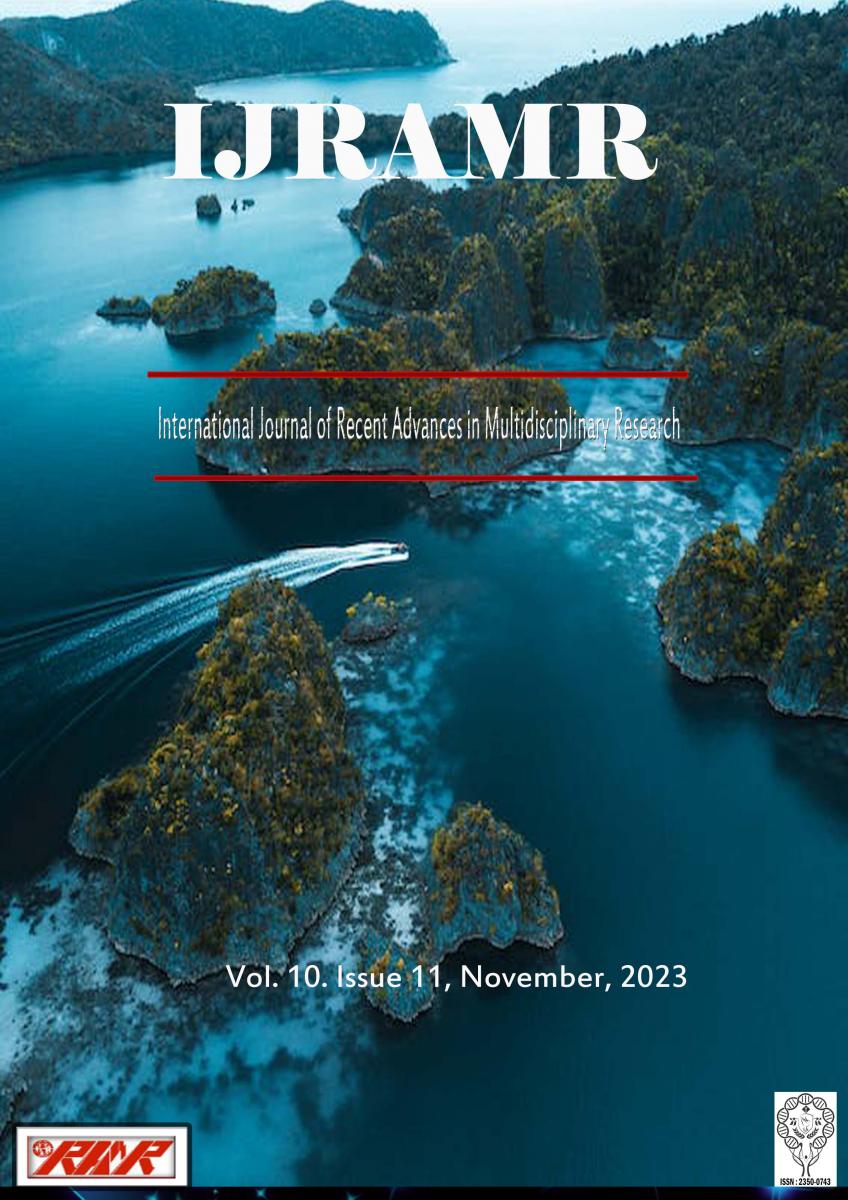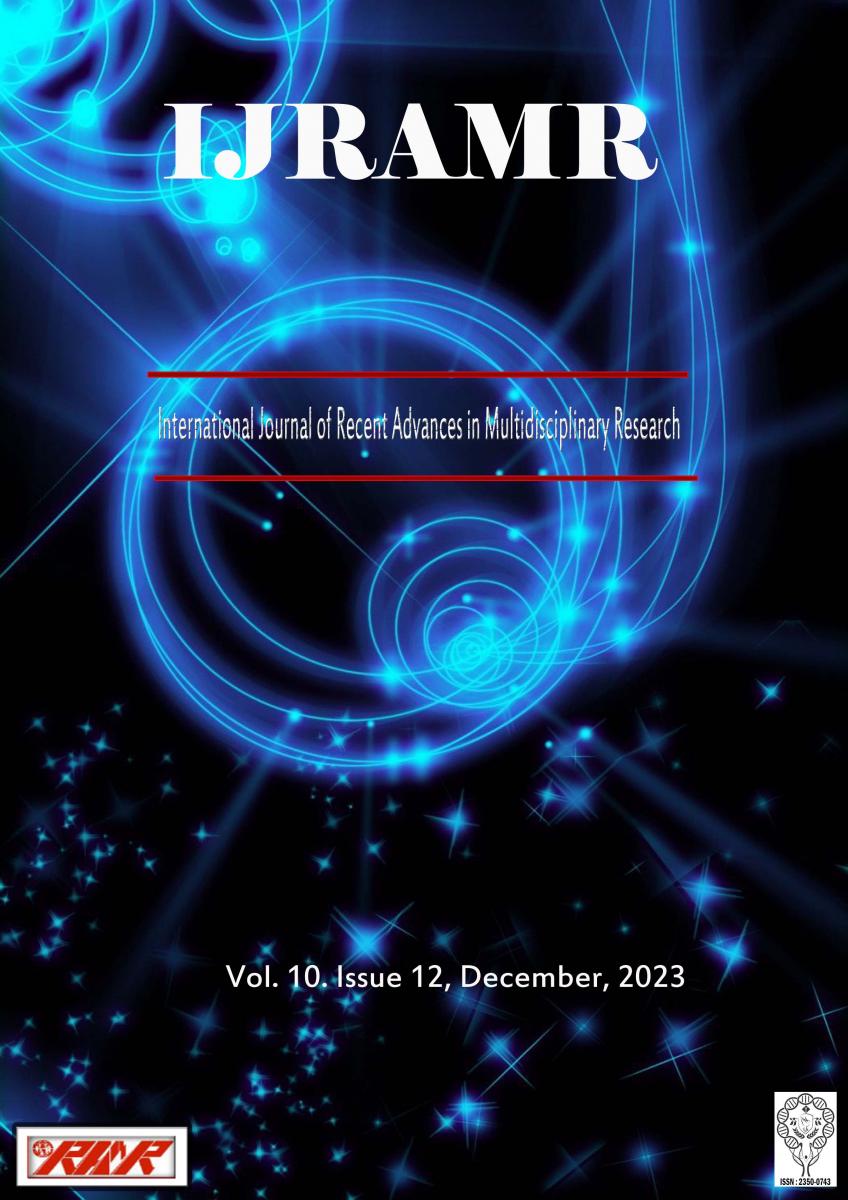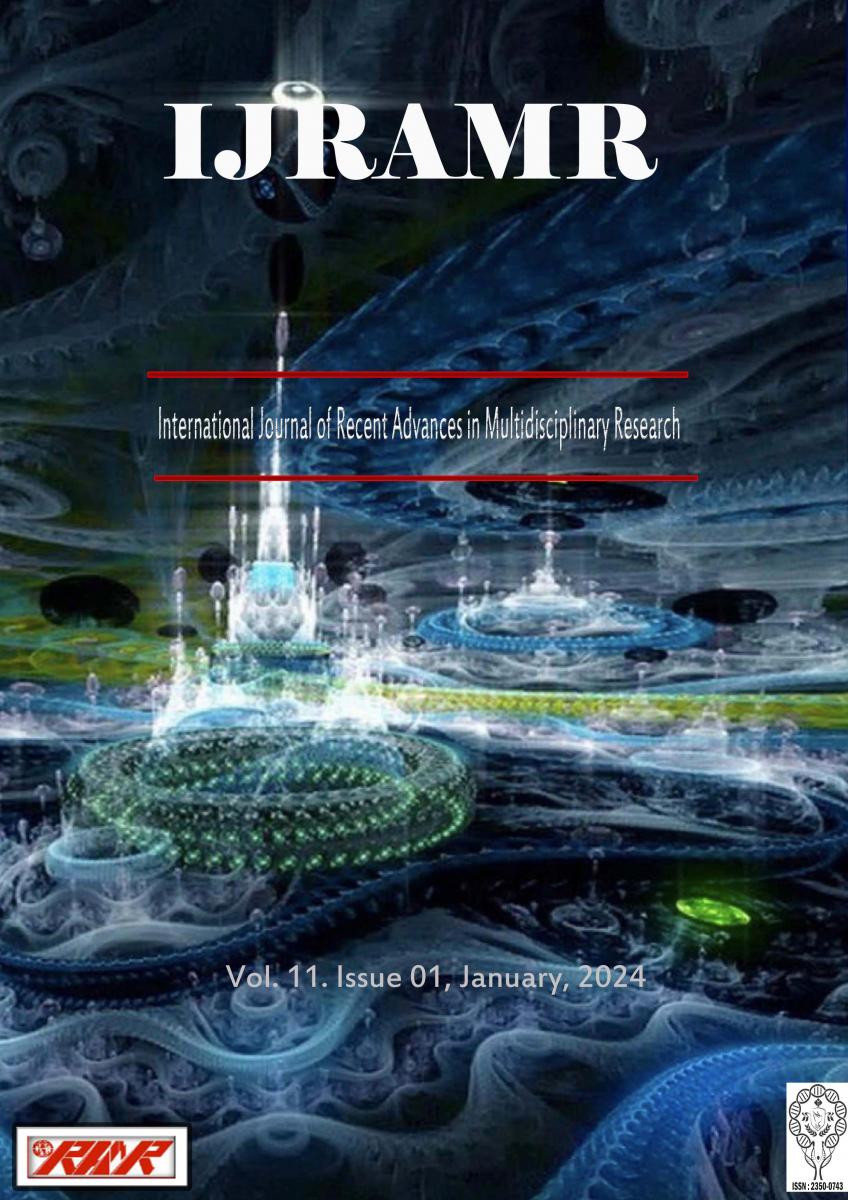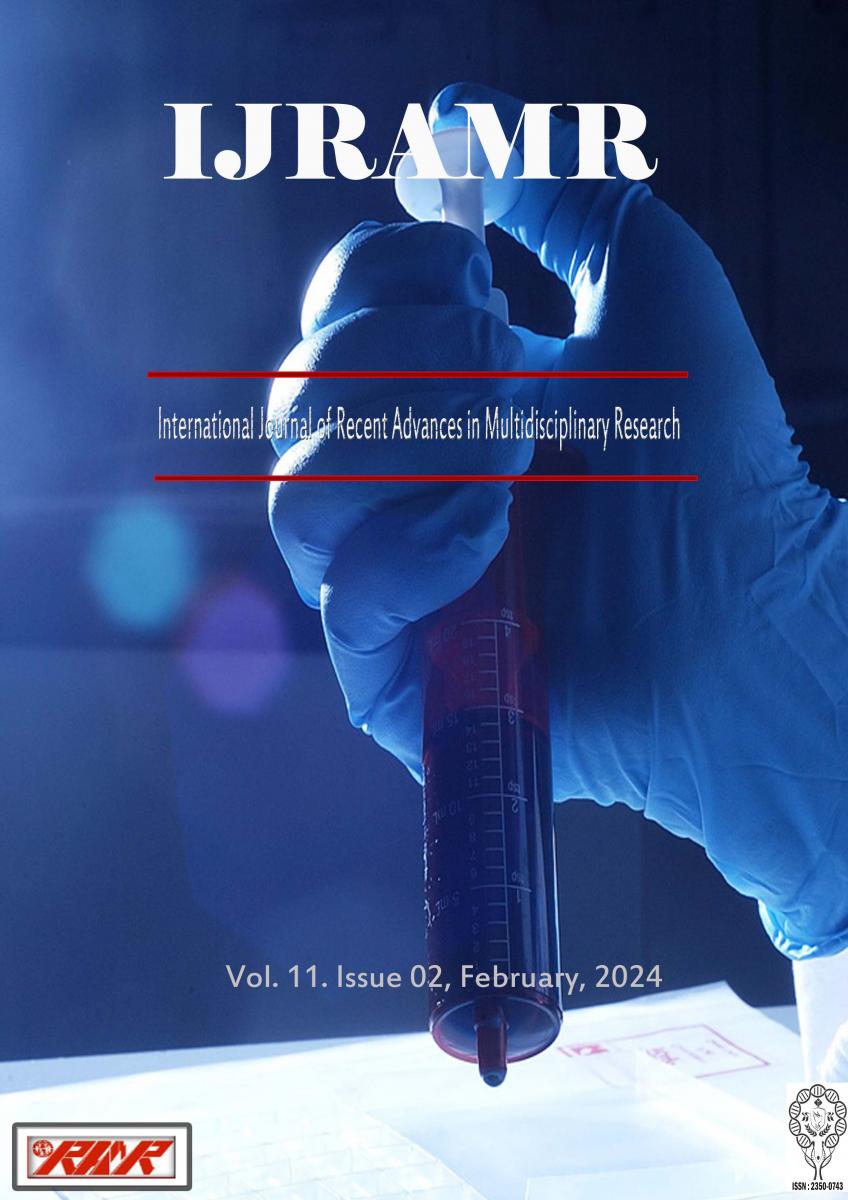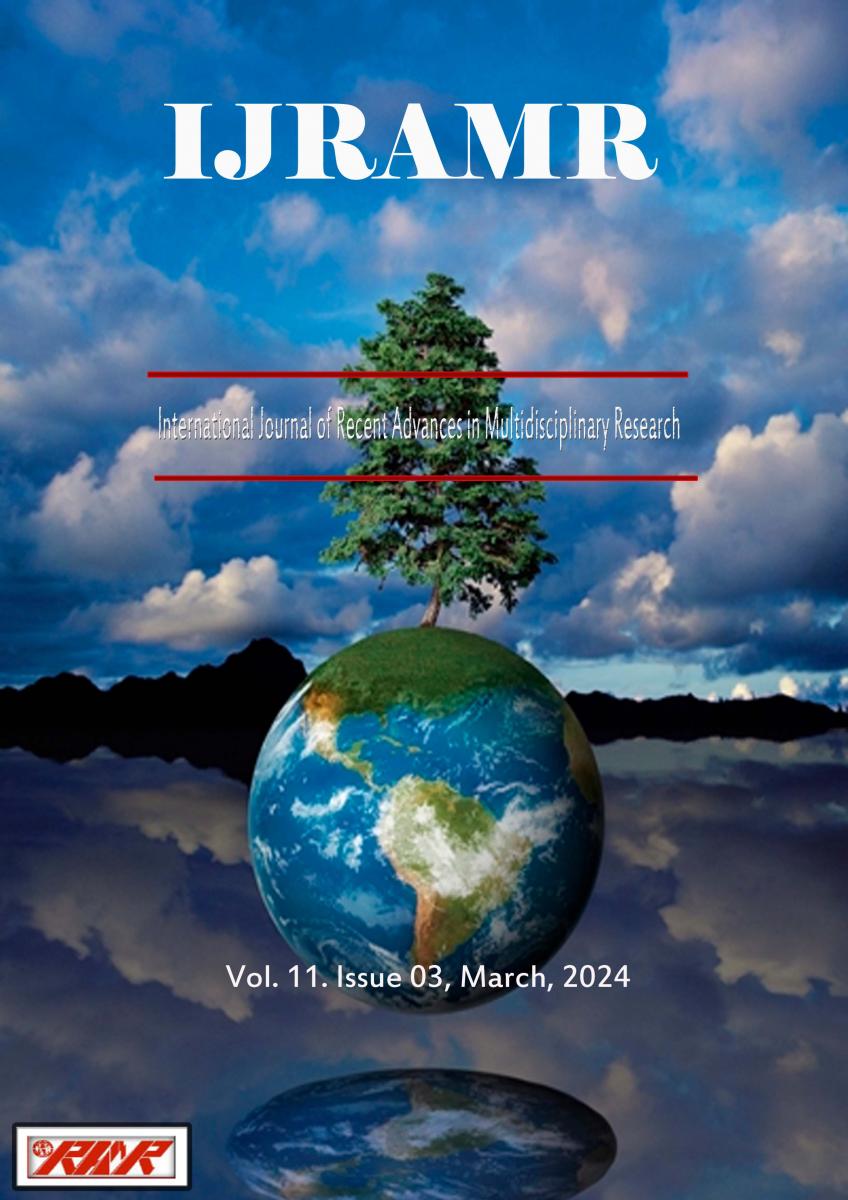Complex Humanitarian Emergencies (CHE’s) result in widespread displacement of communities, with attendant public health consequences. CHE’s constitute a huge burden in the fight against the spread and eradication of several communicable diseases. When CHE’s occur, they result in the loss of lives, and impose strains on health systems. Unfortunately, the victims of this catastrophic situation may have limited access to primary healthcare services. To compound the problem, donor aid may become limited, due to security concerns and the ensuring instabilities in the region. This situation could result in several victims living in camps for internally displaced persons (IDPs’), which may be overcrowded and provide an effective breeding environment for the spread of diseases. Northeastern Nigeria has been under the siege of the Islamist terrorist group, Boko Haram for the past 8 years, and this has resulted in the spread of several communicable diseases in alarming proportions. There have been reports of several disease outbreaks including cerebrospinal meningitis, measles, hepatitis E and cholera. Unfortunately, few years after Nigeria declared its last case of poliomyelitis, there have been reports of a re-emergence of the disease as a result of the unrest. While the efforts of international aid organizations in mitigating the spread of diseases are highly commendable, we advocate a more robust concerted effort by donors in addressing the public health challenges in the embattled region. We also provide recommendations including the provision of potable clean water, mobile sewage facilities, sanitary supplies, improved accessibility to primary healthcare facilities and incentivization of health workers, which may be adopted to limit the spread of diseases and improve health outcomes.
